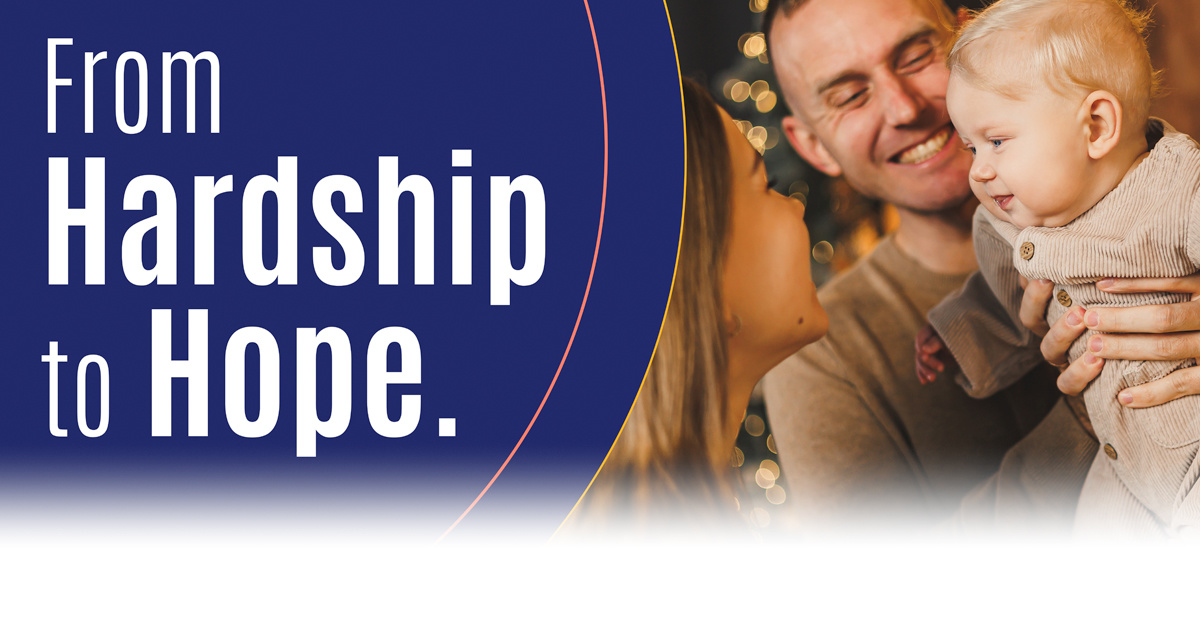Kentucky’s 2025 Legislative Session Updates
Statement on Free-Standing Birth Centers
(March 17, 2025) We’re encouraged to see the General Assembly pass legislation allowing for free-standing birth centers in Kentucky. Free-standing birth centers offer a midwifery model of care that often leads to better outcomes for low-risk expecting partners with fewer medical interventions.
Metro United Way, in coalition with maternal health advocates in our region and throughout the state, has advocated for this expansion of maternal care options for several years. Free-standing birth centers maintain a safe and nurturing environment for mothers and babies which is critical to improving the state’s maternal mortality rate, especially among marginalized communities.
View House Bill 90
Statement on House Bill 4
(March 4, 2025) We aspire for a community where meeting needs and achieving one’s full potential are not in any way predicated on identity, but the inherent right that every human has, allowing all to have barrier-free opportunities and experience the best possible outcomes: long lives, high quality of life, safety, and belonging.
Kentucky thrives when we embrace both unity and the rich history of diversity within our Commonwealth and our country. However, House Bill 4 will deepen divisions, stifle diverse perspectives, and put support for marginalized and underrepresented communities at risk—impacting not just them, but our entire economy.
To support and empower marginalized communities and increase opportunities for all, there will always be a need to evaluate and improve that work. We should all see this as an opportunity to strengthen what it means to be diverse, equitable, and inclusive. But abandoning diversity, equity, and inclusion initiatives is not an option if Kentucky wants to build an inclusive, equitable, and prosperous future and economy for all Kentuckians. We urge the Kentucky General Assembly to reject this polarizing legislation and safeguard the fundamental values that define us: united we stand, divided we fall.
View House Bill 4
Statement on House Bill 87
(March 3, 2025) House Bill 87 takes a practical approach to eliminating barriers for Kentuckians with past convictions, allowing them greater access to careers in the public sector and licensed professions, and improving employment opportunities while re-entering the workforce. Metro United Way was excited to see this important measure pass the Kentucky House. A special thanks to Rep. Emily Callaway for championing this bill to support re-entry and strengthen Kentucky families.
View House Bill 87
Statement on the Family Preservation and Accountability Act – House Bill 291
(February 26, 2025) We applaud the Kentucky House for its passage of HB 291, the Family Preservation and Accountability Act, which seeks to keep families together and reduce incarceration rates.
This legislation would expand sentencing alternatives for caretakers who committed a non-violent felony offense. The court could require caretakers of a dependent child to participate in other programs — instead of jail time. This reduces harm to children by avoiding the separation from parents and offers a rehabilitative approach for their caretakers.
Children need a stable home life to thrive, and keeping families together is a key part of that. Thank you to Rep. Nick Wilson for his sponsorship of this bill.
We urge the Kentucky Senate to quickly take up and pass HB 291.
View House Bill 291
